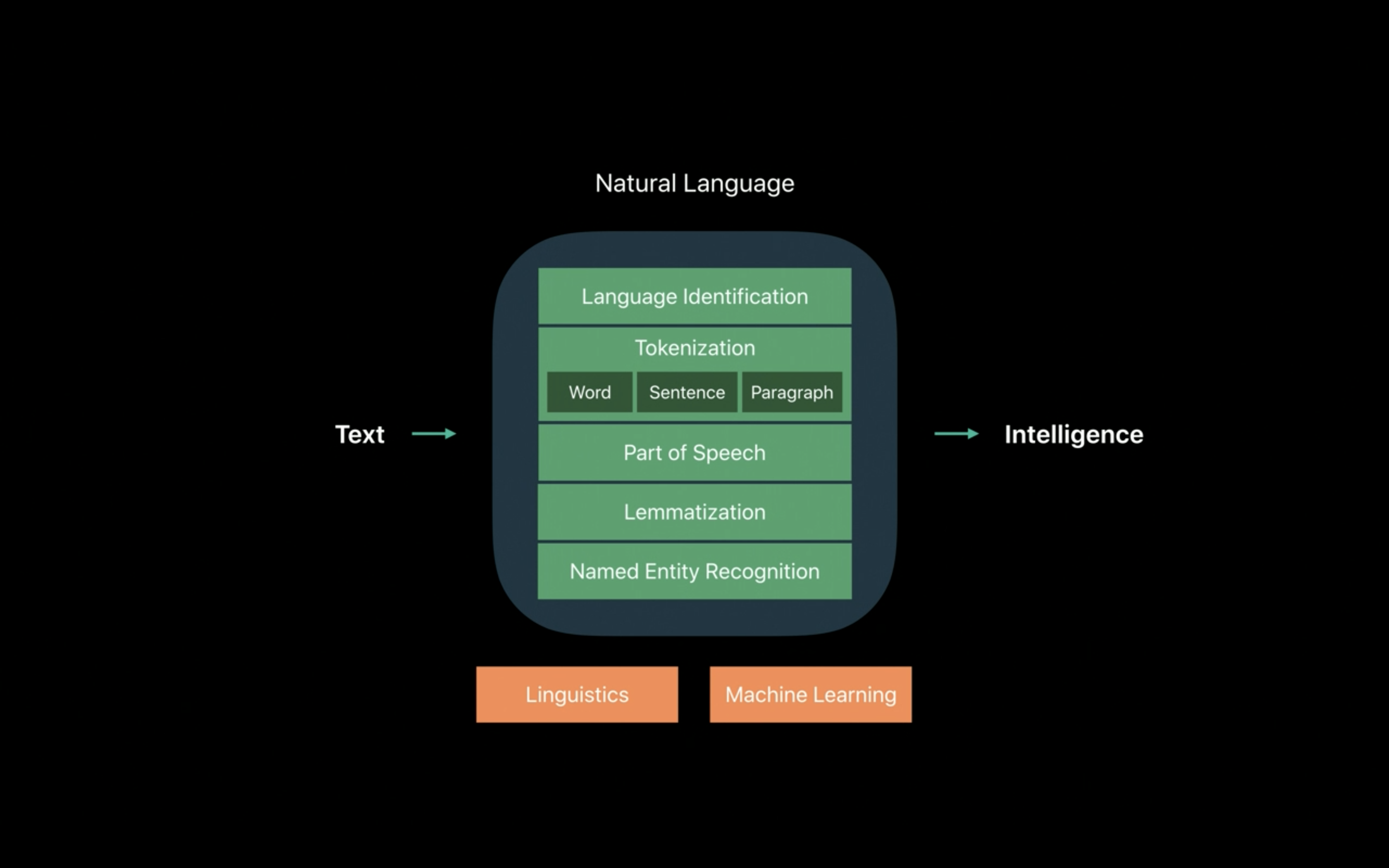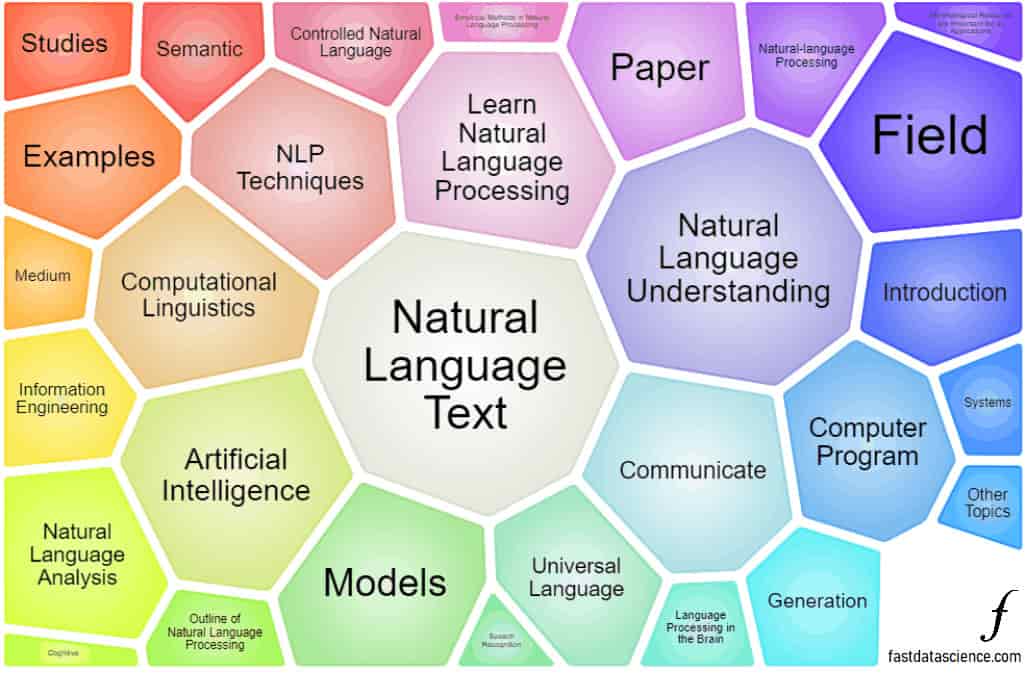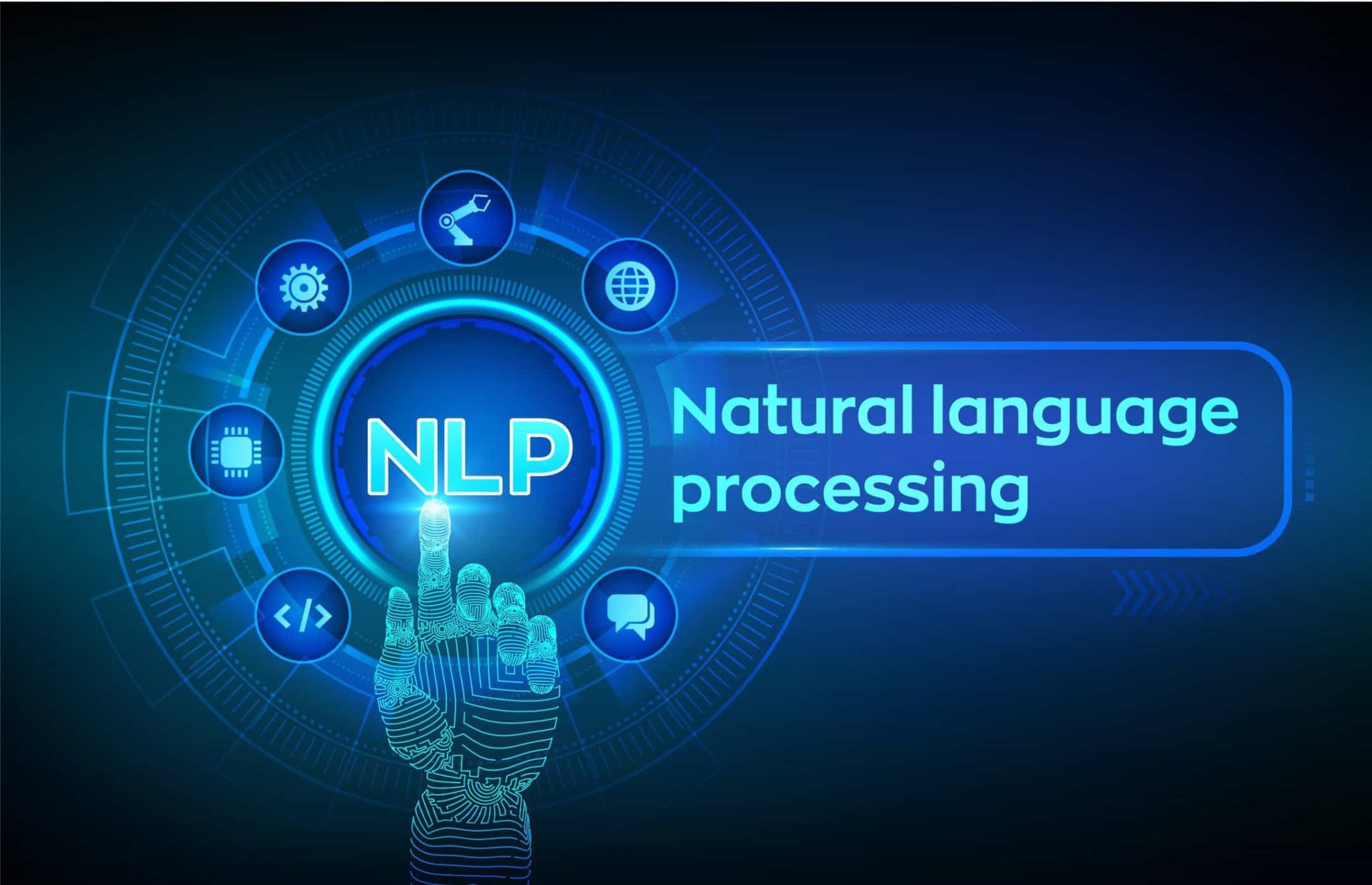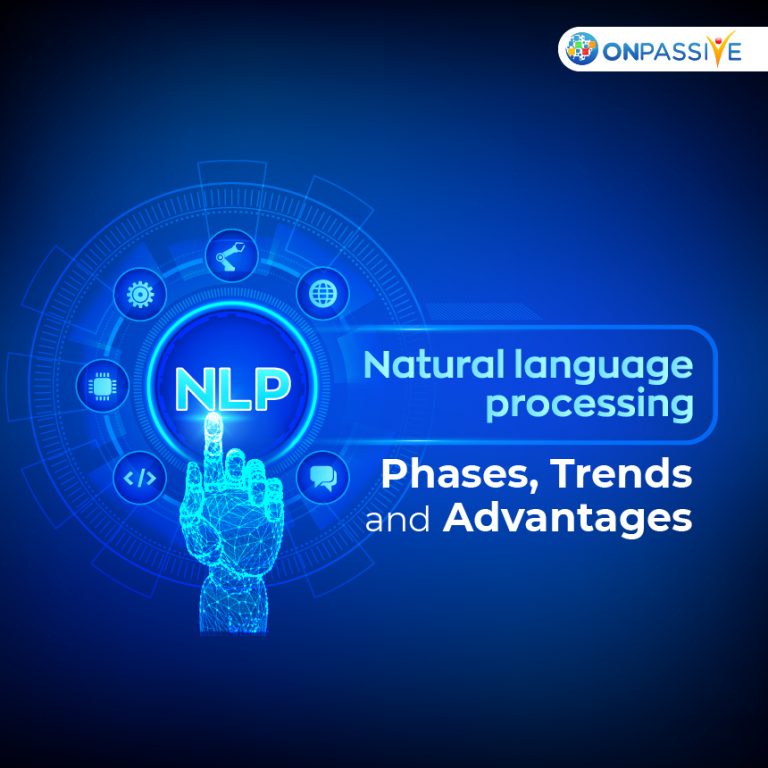Natural Language Processing for Legal Documents
Natural language processing (NLP) is a subfield of artificial intelligence that deals with the understanding of human language. It has been used in a variety of applications, such as machine translation, spam filtering, and sentiment analysis. In recent years, NLP has also been increasingly used for legal document processing.

Legal documents are often complex and difficult to understand, even for lawyers. This is because they are written in a specialized language that is full of jargon and technical terms. NLP can help to make legal documents more accessible by breaking them down into their constituent parts and identifying the key concepts. This can make it easier for lawyers to understand the documents and to identify any potential problems.
NLP can also be used to help with legal research. By analyzing large datasets of legal documents, NLP can help to identify trends and patterns that can be used to support or refute legal arguments. NLP can also be used to generate legal documents, such as contracts and pleadings. This can save lawyers time and effort, and it can help to ensure that the documents are accurate and legally sound.
There are a number of challenges associated with using NLP for legal document processing. One challenge is that legal documents are often written in a non-standard way. This can make it difficult for NLP systems to accurately identify the key concepts and relationships in the documents. Another challenge is that legal documents often contain a lot of information that is not relevant to the task at hand. This can make it difficult for NLP systems to focus on the information that is most important.

Despite these challenges, NLP is a powerful tool that can be used to improve the efficiency and accuracy of legal document processing. As NLP technology continues to develop, it is likely to play an increasingly important role in the legal field.
Applications of NLP for Legal Documents
NLP has a wide range of applications for legal documents, including:

- Document classification: NLP can be used to classify legal documents into different categories, such as contracts, pleadings, and statutes. This can help lawyers to quickly and easily identify the type of document they are dealing with.
- Key phrase extraction: NLP can be used to extract the key phrases from a legal document. This can help lawyers to identify the important points of the document and to focus their attention on the most relevant information.
- Concept identification: NLP can be used to identify the key concepts in a legal document. This can help lawyers to understand the document and to identify any potential problems.
- Sentiment analysis: NLP can be used to analyze the sentiment of a legal document. This can help lawyers to determine whether the document is positive or negative, and to identify any potential areas of concern.
- Machine translation: NLP can be used to translate legal documents from one language to another. This can help lawyers to access legal information that is not available in their native language.
- Document summarization: NLP can be used to summarize legal documents. This can help lawyers to quickly and easily get the main points of a document without having to read the entire thing.
- Legal research: NLP can be used to help with legal research. By analyzing large datasets of legal documents, NLP can help to identify trends and patterns that can be used to support or refute legal arguments.
- Legal drafting: NLP can be used to generate legal documents, such as contracts and pleadings. This can save lawyers time and effort, and it can help to ensure that the documents are accurate and legally sound.
Benefits of Using NLP for Legal Documents
There are a number of benefits to using NLP for legal documents, including:

- Improved efficiency: NLP can help to improve the efficiency of legal document processing by automating tasks that would otherwise be time-consuming and error-prone.
- Increased accuracy: NLP can help to improve the accuracy of legal document processing by identifying key concepts and relationships that would otherwise be missed by human reviewers.
- Reduced costs: NLP can help to reduce the costs of legal document processing by automating tasks that would otherwise require human intervention.
- Improved access to justice: NLP can help to improve access to justice by making legal information more accessible to people who are not lawyers.
Challenges of Using NLP for Legal Documents

There are also a number of challenges associated with using NLP for legal documents, including:


- Lack of data: There is a limited amount of data available for training NLP models for legal applications. This can make it difficult to develop accurate and reliable NLP models.
- Non-standard language: Legal documents are often written in a non-standard way, which can make it difficult for NLP models to accurately identify the key concepts and relationships in the documents.
- Bias: NLP models can be biased
Post a Comment